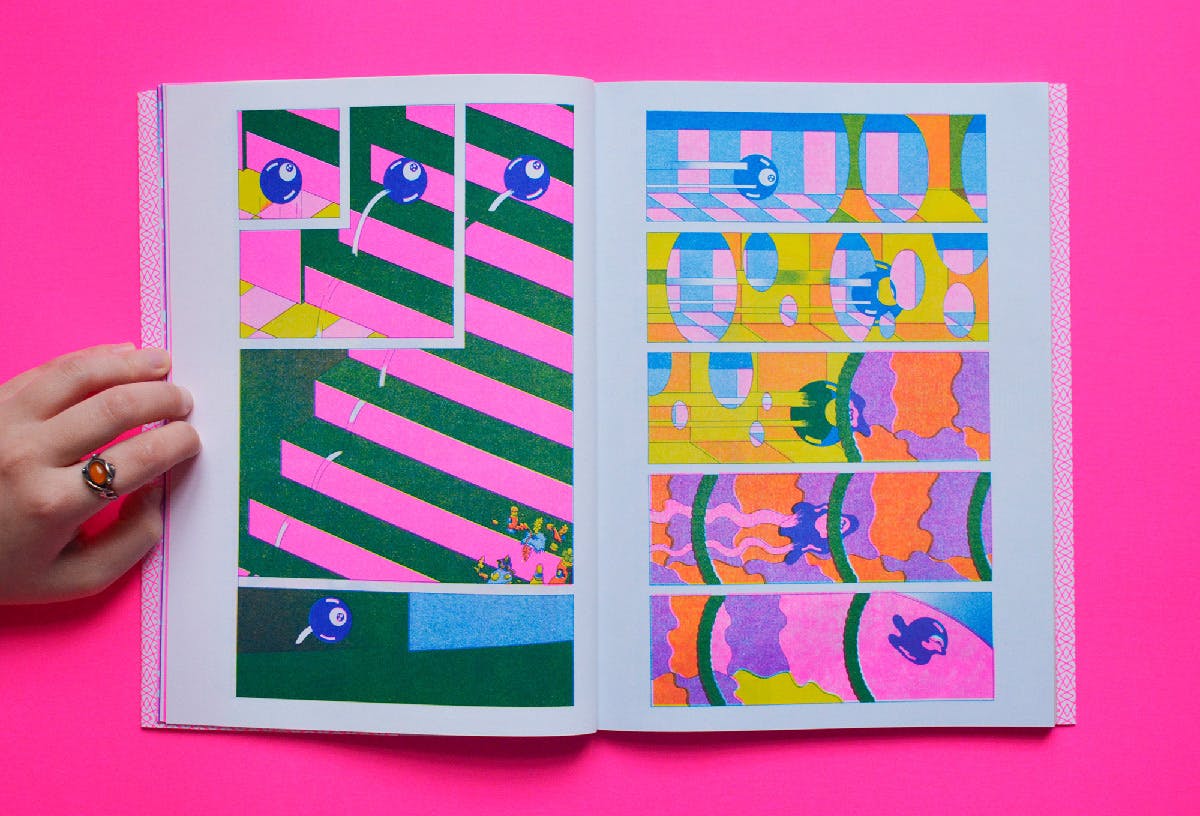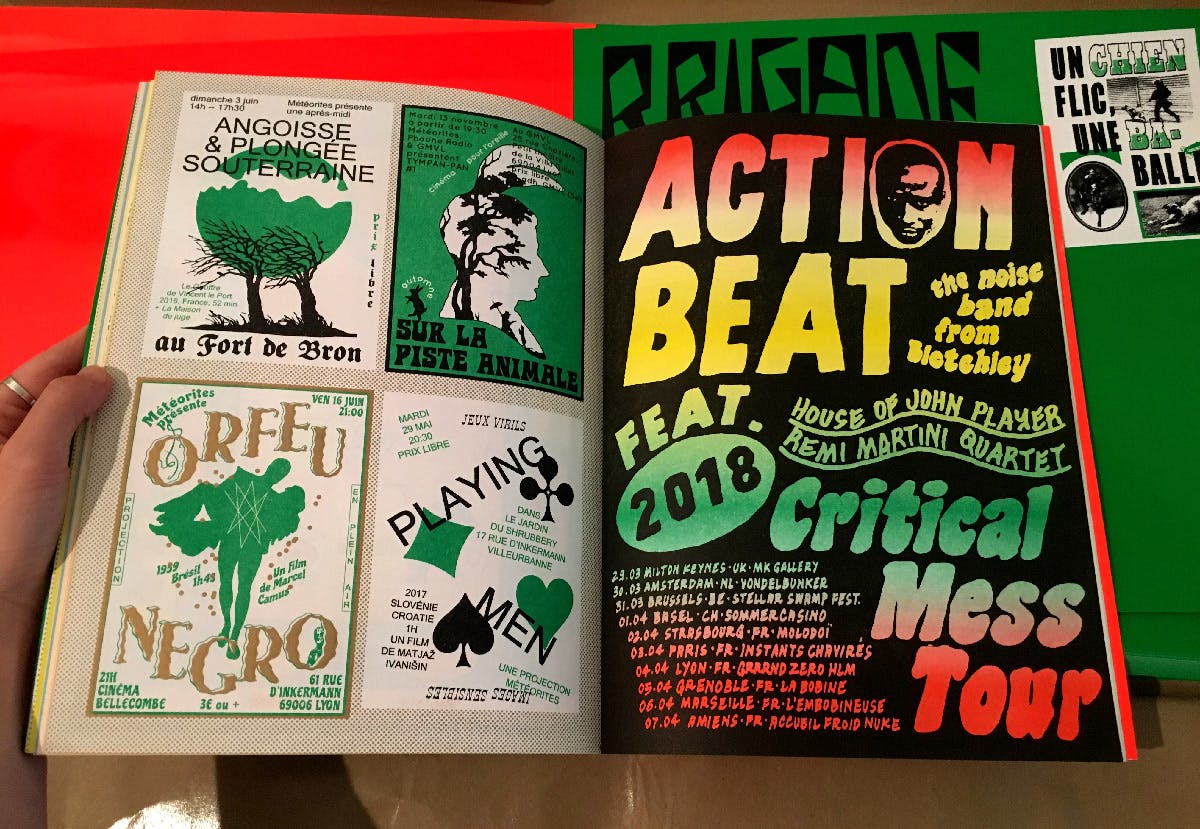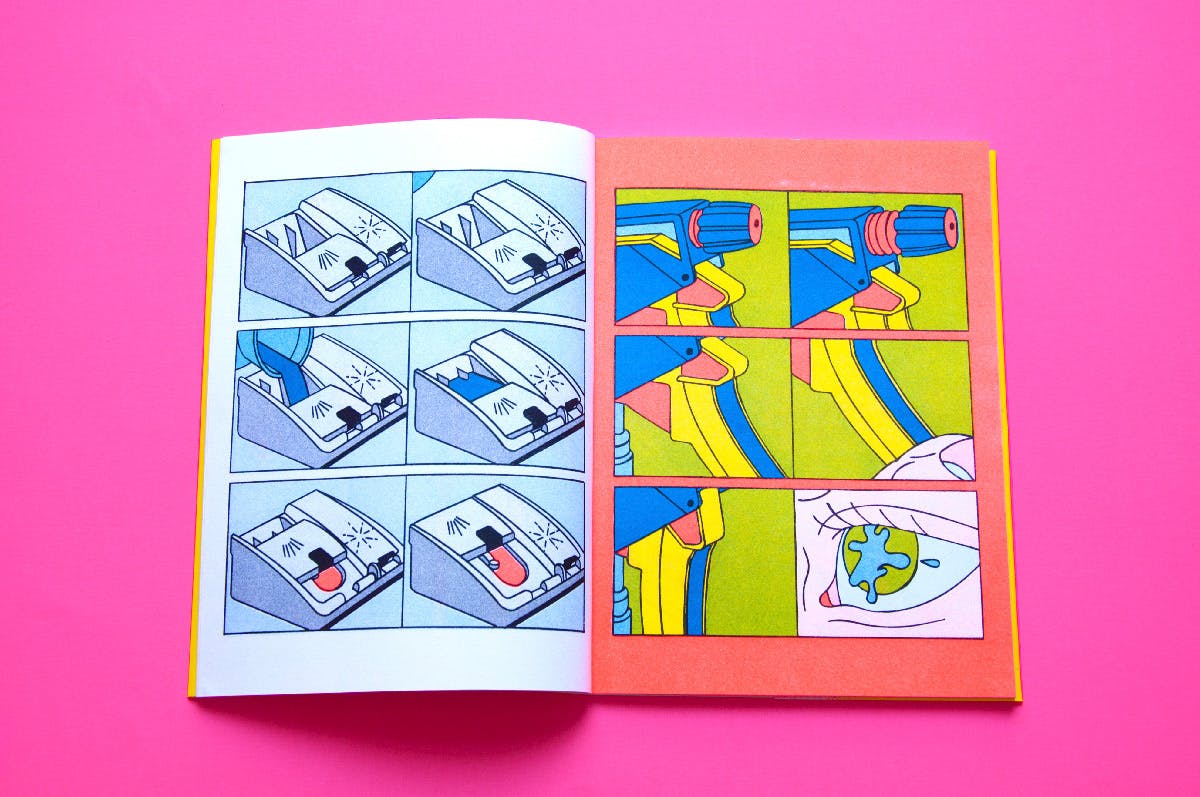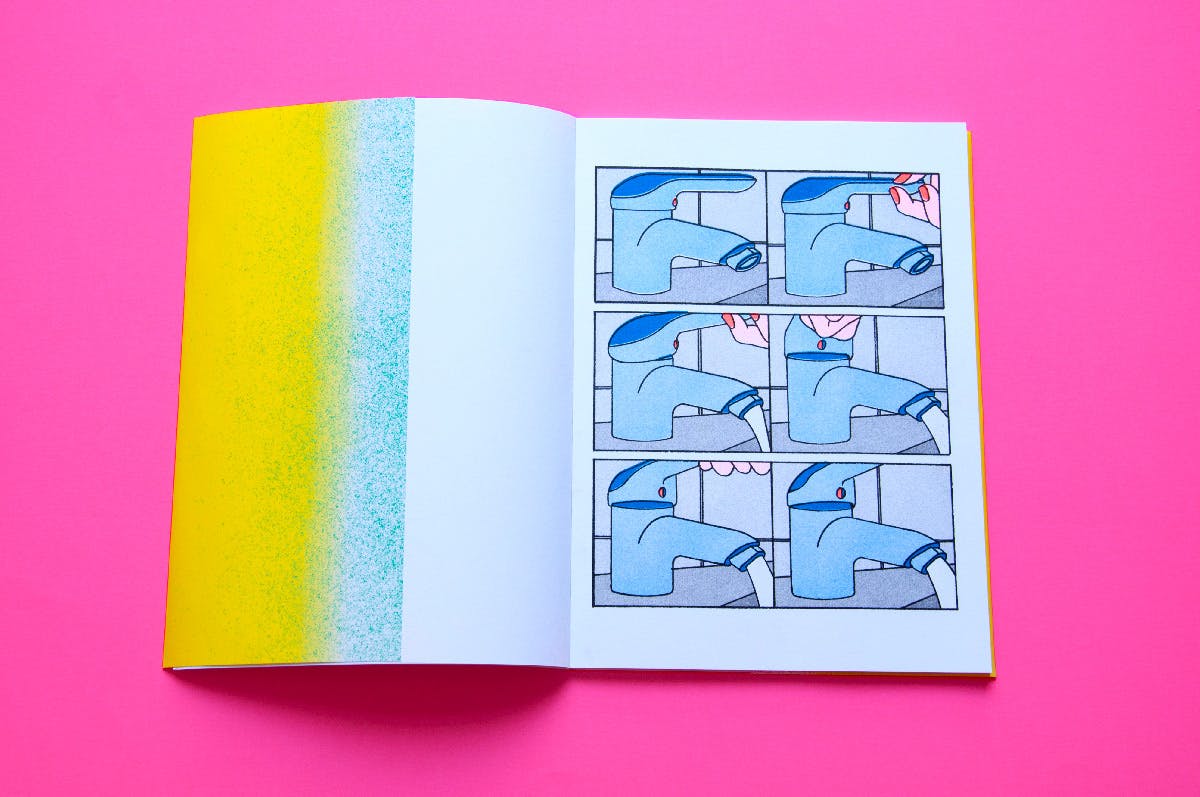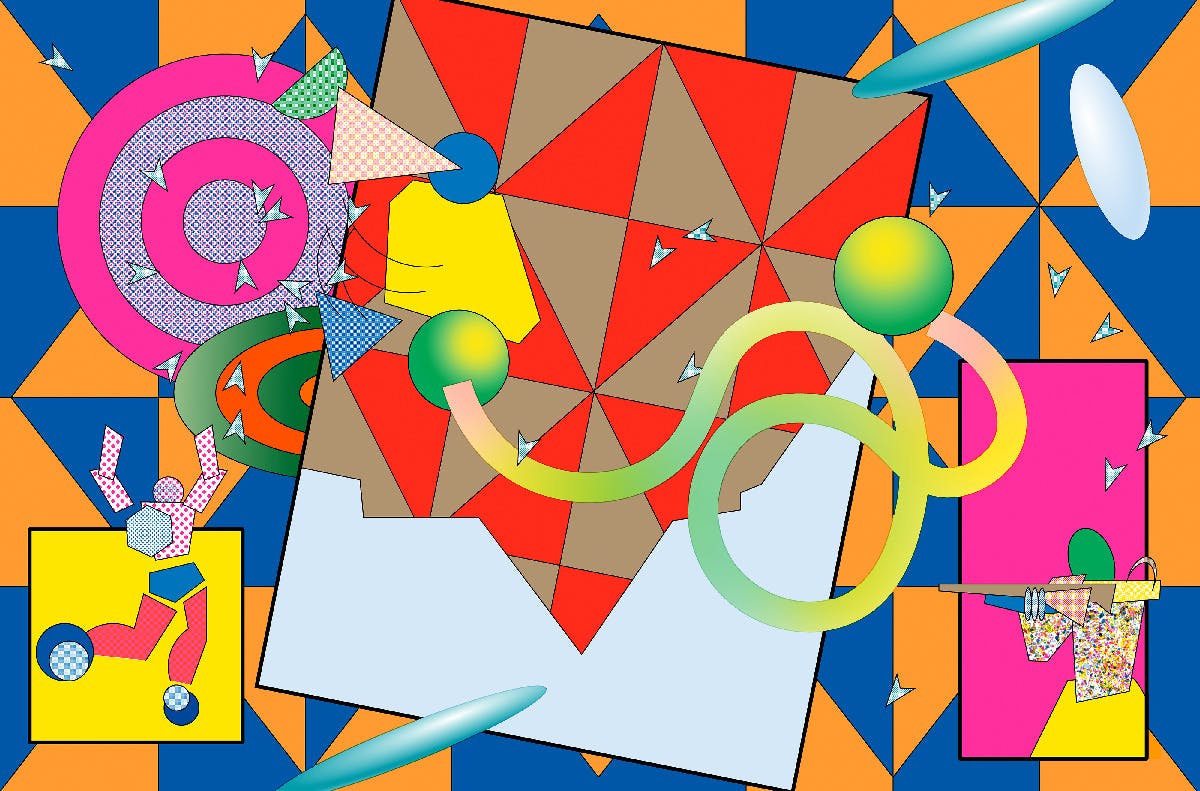Jinhee Han has a love for Risograph and complex layouts
Illustrator and book designer Jinhee Han tells us about her work and what it’s like to run an independent publishing house
Currently living in Brussels, Korean book designer and illustrator Jinhee Han’s love of design was first sparked when working for an independent bookshop in Seoul called The Book Society. “That was the first time I touched art books and truly appreciated the beauty of books,” Han says. “I admired them, while at the same time I was jealous of the people who made them because I didn’t know how to make books on that level.”
Han studied fashion design in Seoul and in 2015 she studied typography in Brussels for a year and a half, however she didn’t finish either of those courses. “Between academic experiences I self-educated graphic design for several years,” says Han. “I quit school because I preferred to spend my time making books rather than sitting in class. So it was the best method for me to improve my ideas about book design and graphic design.”
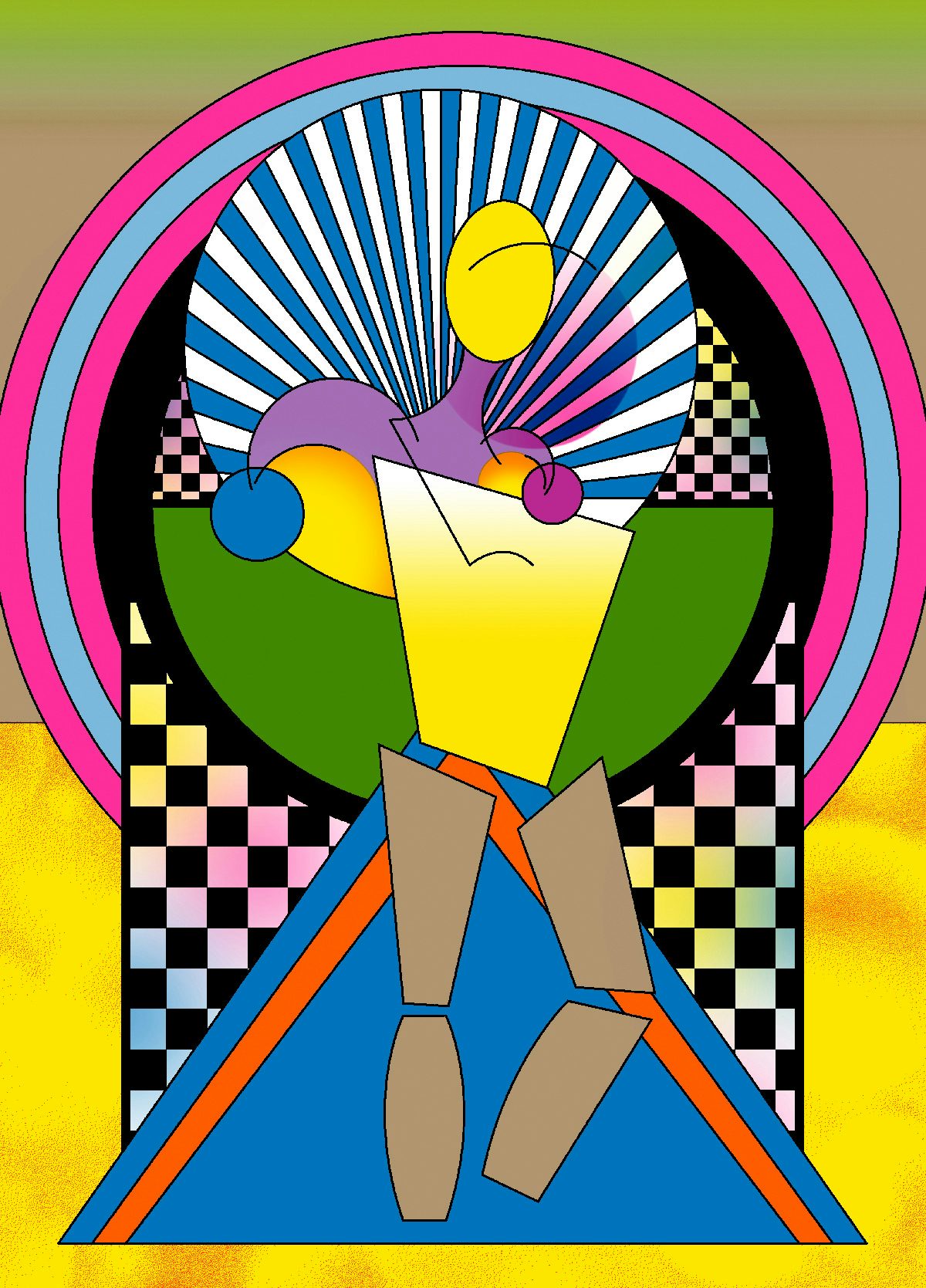
Despite not finishing school, Han did enjoy learning typography. “My professor was a member of Open Source Publishing (OSP) and she gave me an insight into the political point of view in graphic design,” she explains.
Han’s illustrations are rainbow-hued, abstract and packed with detail using simple shapes and patterns. However, while her work may appear chaotic at first glance, there is method behind the madness as she restricts the overuse of elements. “That’s why I like to print in Risograph or silkscreen, you cannot overuse colours or lines,” she explains. “But as a graphic designer I love complicated factors, so the whole process is not easy!”
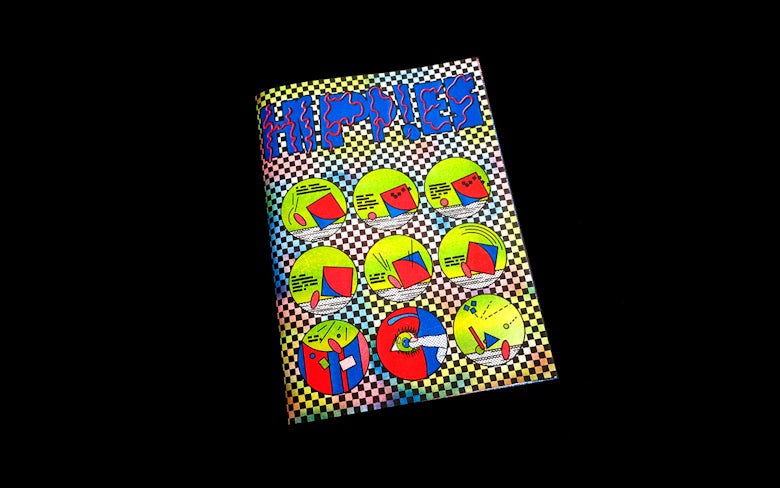
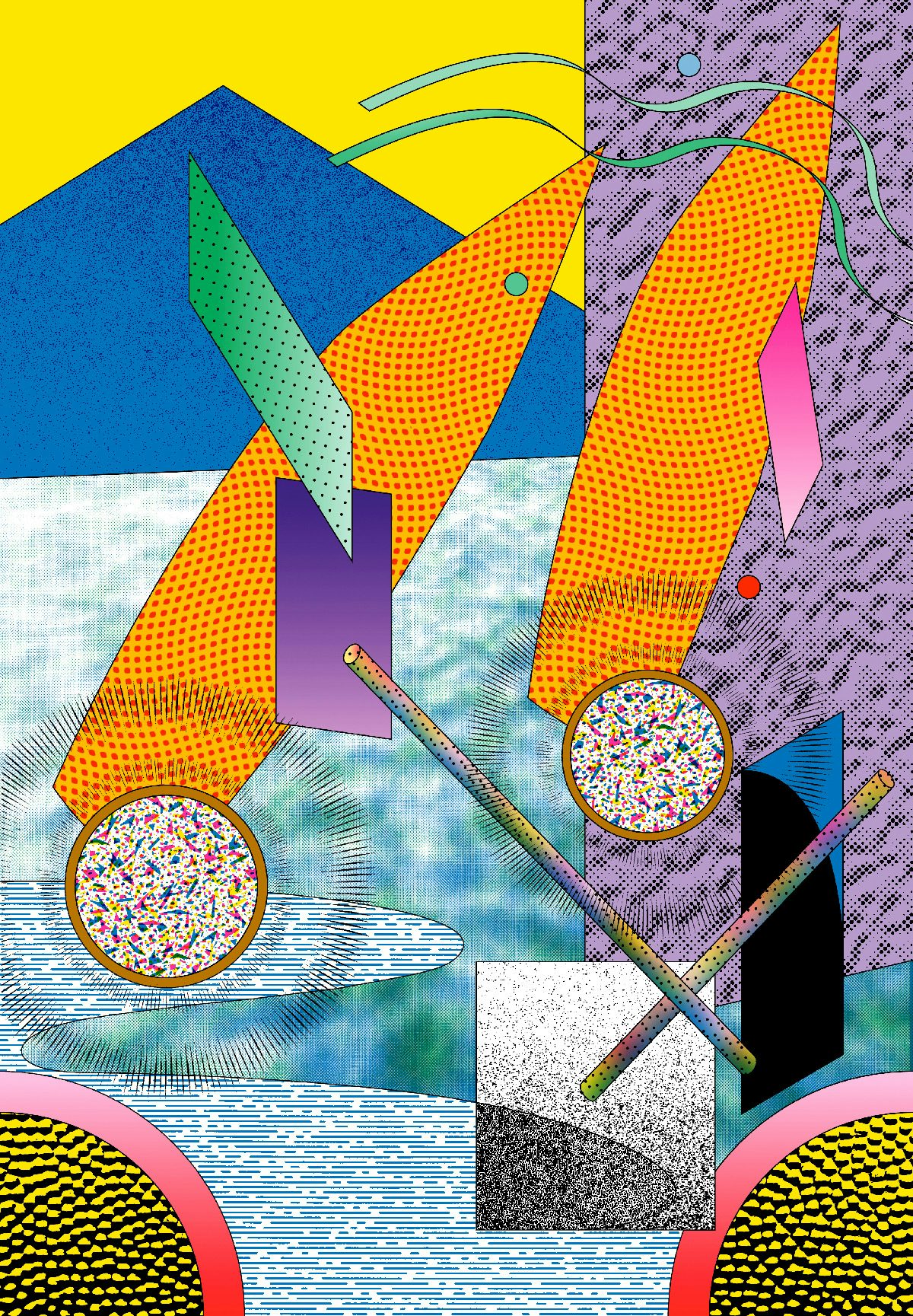
Alongside her vibrant illustrations, Han also runs Animal Press with her partner and fellow illustrator Baptiste Virot. Initially it was a venture Han started on her own in 2013 but Virot soon joined the team. “After quitting school I was ready to make books but Animal Press didn’t have a budget. I decided to launch a crowdfunding campaign and luckily it worked,” explains Han. “We bought a Risograph machine after crowdfunding, and I called a friend to join us, he rented a small office in Seoul.” Han and Virot hand-printed their first two books there, and the process took two-and-a-half months.
Han sees 2017 as the official launch of Animal Press, after the publication of those first comic books, which were titled Delirium and Bad Karma Comix. Both comics adopt the same surreal, energetic and inventive ethos of all of Animal Press’ output, and they still feel significant for Han. “After the painful printing process, it was hard to read Delirium after because it reminded me too much of the cold winter and everyday take-out foods but it was a great experience at the same time,” Han reflects.
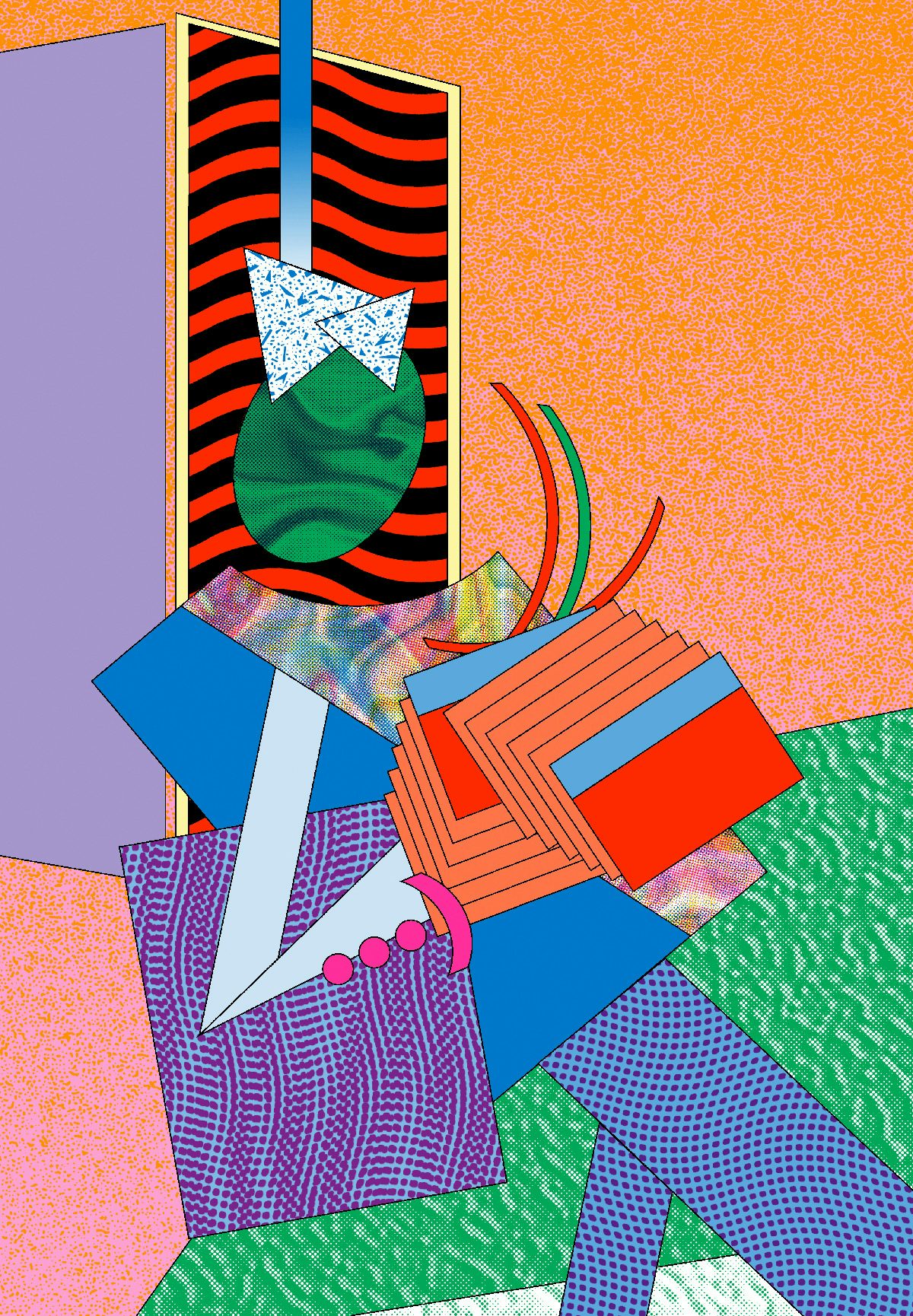
Back in Belgium, the biggest challenge facing Animal Press is distribution but Han is working on ways to overcome it. “We don’t want to be dependent on the ancient distribution system because simply it’s impossible for us,” says Han. “We cannot afford the 60-70% distribution charge, but that’s why we participate in many book fairs around the world.”
Animal Press’ output is wonderfully varied and some their most notable releases include Brigade Cynophile by Félicité Landrivon, a collection of posters for underground concerts and independent screenings; Claires Fontaines by Antoine Orand, which contains multiple sequenced drawings; and Electromax and Vivarium No.1, both by Virot, which demonstrate his wild and bright take on the world.
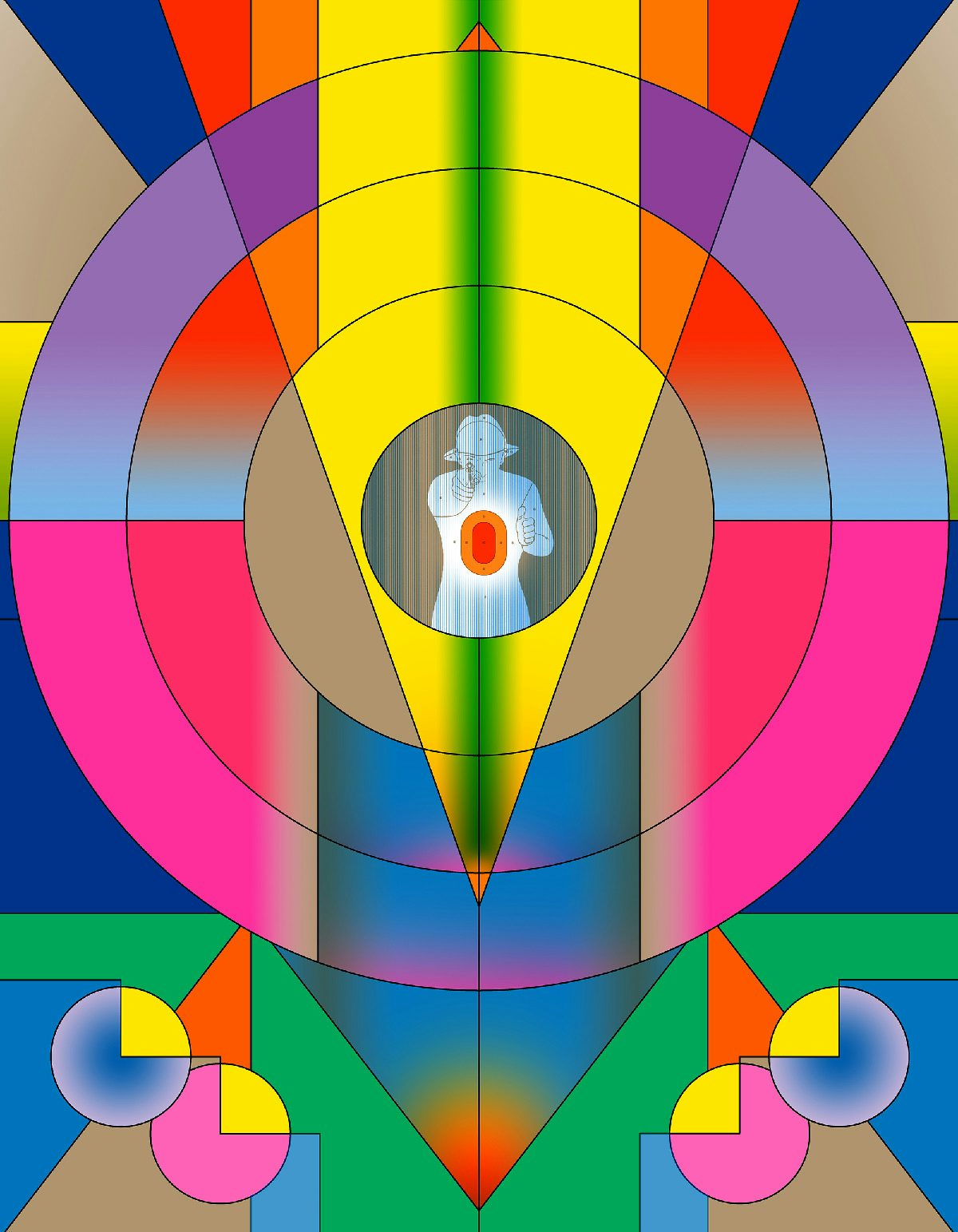
With these releases and more to come in 2020, it’s only recently that Han has found herself returning to Delirium, the first comic hand-printed in Seoul.
“Last week I finally read the entirety of Delirium, and it was great. It was funny, delicate and beautiful,” says Han. “The funniest part was that I was the editor and the graphic designer of the book! I almost laughed. I hope that I can feel this for every book that we publish.”


